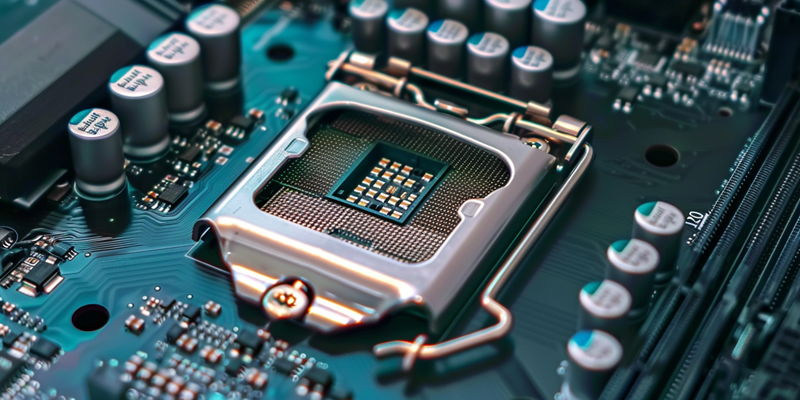Intel has encountered significant stability issues with its leading Core i9 processors from the most recent generations, which have caused system crashes and booting failures. In response to these persistent troubles, Intel has communicated new BIOS guidelines to motherboard manufacturers, emphasizing that partner companies are not to blame for these complications. The recommended adjustments to BIOS settings aim at improving system stability but come with the potential tradeoff of decreased performance.
Troubleshooting the Instability
BIOS Update as a Temporary Fix
Intel’s BIOS update, which includes enabling specific settings, serves as a stopgap measure to prevent unfortunate crashes and booting problems that have plagued some high-end Core i9 processors. By recommending the activation of settings such as C-States and Turbo Voltage Boost (TVB) Voltage Optimizations, Intel is offering a palliative measure that seeks to maintain system stability. However, these actions are not the ultimate solution as Intel is still working diligently to pinpoint the exact causes behind these hardware malfunctions. Meanwhile, the end-users might face the troubling possibility of diminished performance, a sore point for customers who have invested in what they expect to be top-of-the-line processing power.
Over time, it has become apparent that uniformity in handling Power Limits has not been established across different motherboard manufacturers. This inconsistency hints at the complexity of the underlying issue, which seems to extend beyond mere power consumption parameters. Intel’s guidance to disable the ICCMAX (I-Core Current MAX) Unlimited Bit also indicates that there could be a fine balance that needs to be struck between system stability and performance optimization—a balance that is proving difficult to achieve. As Intel continues to search for a foundational solution, customers must rely on BIOS updates to keep their systems running smoothly, even if that means enduring a less-than-ideal performance from their premium CPUs.
Potential Performance Impact
Intel has been proactive in addressing the significant stability problems in their latest Core i9 chips, which have led to system crashes and boot failures. To address these issues, Intel has issued new BIOS recommendations to its motherboard partners. This advice serves as a reminder that these manufacturers are not responsible for the glitches users have reported. The changes proposed for the BIOS are designed to help secure system stability. However, consumers should note that these modifications might also result in a slight decrease in the processors’ performance. Intel’s guidance is considered a critical step toward ensuring the reliability of its high-end CPUs and maintaining consumer trust, despite the performance drawbacks. By working closely with motherboard companies, Intel aims to correct the stability issues without shifting the blame onto its partners, emphasizing the collaborative nature of resolving hardware problems in the complex ecosystem of computer technology.

